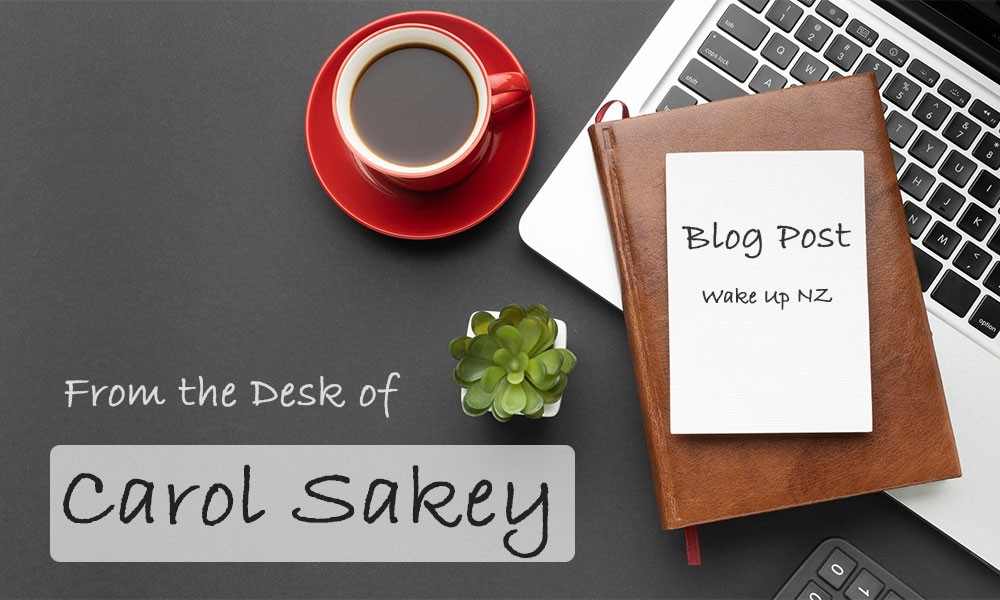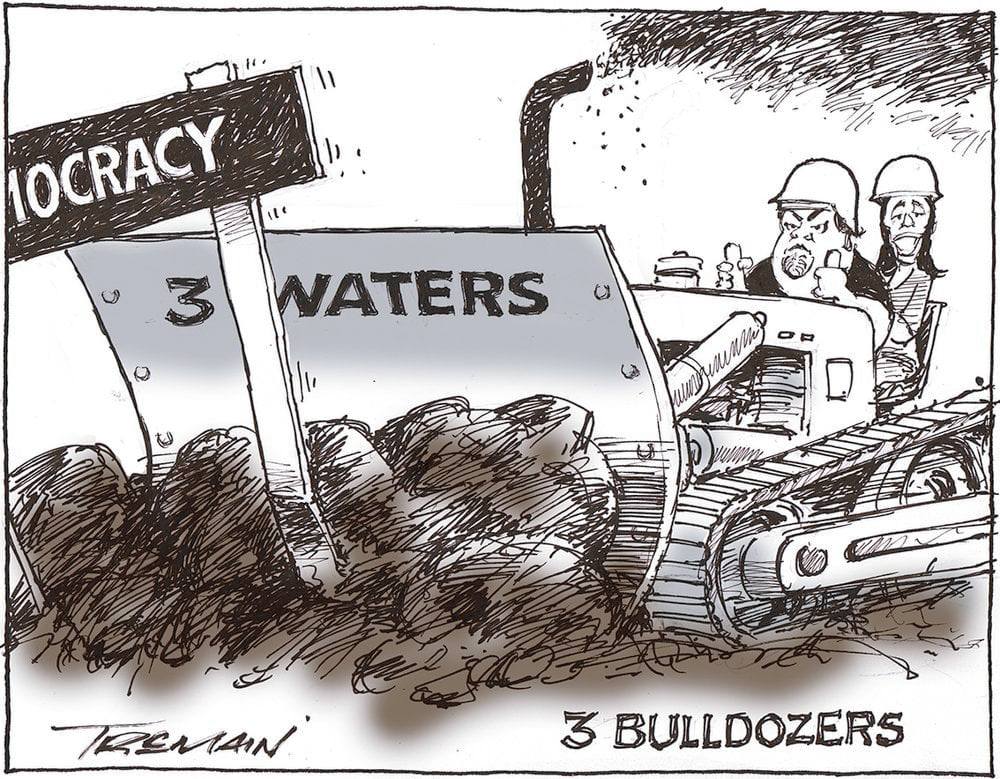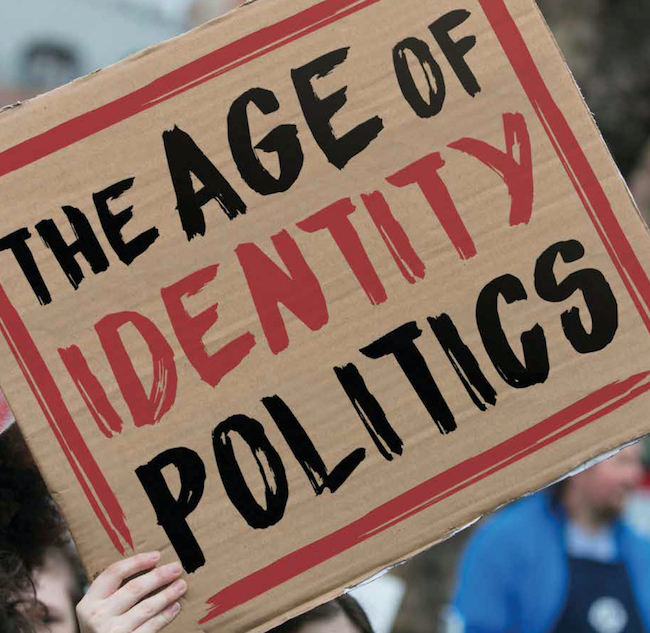After viewing Carl Bromley’s video today about the stench of chlorine coming from the Avon River in Christchurch I decided to do a bit of digging on this Chlorine problem myself. Christchurch Council have reported they have high quality drinking water. However they Council report they are using Chlorine whilst update water supply network. The Central Govt’s Water Regulator Taumata Arowai has declined an application by Christchurch Council for an exemption as to introducing chlorine into the water supply. All public water supply networks must be treated with chlorine unless an exemption is obtained
16th May 2023 Newsline reported that Christchurch Councillors are very frustrated it appears for some time now there has been a tennis game going on between Taumata Arowai and the Council. When the Christchurch Council has applied to have exemptions of chlorine in their water supply. Christchurch Mayor Phil Mauger said he is outraged that the government insists the water is chlorinated. The Water Services Act 2021 makes it mandatory for owner of reticulated water supplies to add residual disinfectant-chlorine- to the water unless they obtain an exemption from Taumata Arowai. Christchurch’s Mayor Mr Mauger stated “While we’re being forced to chlorinate our water supply we will continue to fight and advocate for the people of Christchurch,”. He felt the council had been led up the garden path by central government Taumata Arowai.
Stuff NZ reported 30th May 2022 more than a year ago that Christchurch Chlorine Free Water could still be years away- more than 4 years away after the council started temporarily treating the water supply. Go back another year to 9th July 2021 Stuff NZ reported the Christchurch Councils battle to remove chlorine from its water. As a Christchurch Councillor reports “to remove chlorine from the water is like a tennis game with safety assessors. At that time there were reported to be hopes that Christchurch would be free of chlorine in their water by Christmas 2021. Health Authorities had refused to sign off a plan detailing the city’s water supply. Again Councillors were reported to be left frustrated when trying to completely remove chlorine from Christchurch water supply.
13th February 2020 Christchurch Councillors back to the drawing board, the tennis match was going on then with Taumata Arowai. Again the government refers back to 2016 Havelock North’s campylobacter outbreak. RNZ Reported 22nd May 2023 that Christchurch Councillor wants local government minister to help reverse water chlorination due to the Water Regulator mandating chlorination of water in Christchurch’s water. . It has now been reported that work is being scoped by the ‘Three Waters’ team and will be bought to the Council in the future for consideration. Councillor Sam MacDonald wants Central Govt to intervene, as he says “they have significant amount of power and then refers to the unelected officials with a significant amount of influence over peoples everyday lives. His petition in May this year had reached 3,400 signatures in 5 days. He felt that Taumata Arowai were being over the top in its applications for standards. MacDonald said “The only thing that have changed are the rules, not the risk to the people”. MacDonald referred Taumata Arowai is effectively saying the bar is set so high that we’ll never be able to achieve it”. Advsor of safety of water in NZ is the Maori Advisory Group Te Puna . Taumata Arowai is a Crown Entity-Central Govt.
In 2022 the partnership of the Taumata Arowai Board ( Crown Entity-NZ’s Water Regulator) and Te Puna (The Regulator Maori Advisory Board won the Deloitte’s Award. Documenting “The governance arrangement is modelling how a strategic partnership is effectively built”. Taumata Arowai demonstrates its commitment to upholding the Te Tiriti o Waitangi through its partnership with the Maori Advisory Group. The Maori Advisory group manages, determines the safety of water in NZ, they have a strategic partnership with the Crown entity Taumata Arowai. Te Puna Maori Group advisors are non–elected bodies that has control of water supplies in NZ in partnership with the Govt. They would be determining whether Christchurch Council are able to obtain an exemption for chlorine in their water or not. The Te Puna Maori Advisory Group was established under the Taumata Arowai Water Service Regulators Act 2020 by the appointed Minister of Local Government.
The Te Puna Maori Advisory Group is chaired by Nanaia Mahuta’s younger sibling Tip Mahuta, who has an influential role in the Three Waters Reform and also He Puapua Report on Co Governance. Iwi – Maori partnership. Often named as Crown-Iwi/Hapu Partnership. The word Crown distanced the Govt from being made accountable- it’s the government partnership with Iwi/Hapu/Maori. The Te Puna Maori advisory group partnership to the Govts agency , New Zealands Water Regulator Taumata Arowai is chaired by Nanaia Mahuta younger sibling Tipa Mahuta. She is also the Chair’s for the Waikato River Authority, and the Maori Health Authority and Maori Advisory Group
In a nutshell Taumata Arowai – the central government of NZ is in a partnership with Te Puna Maori advisory group that determines the safety of water in NZ, chaired by Tipa Mahuta. The Maori Advisory Group advises the NZ Water Regulator (Govt) on matters of Māori interests and Maori knowledge that relates to the Government Water Regulator Taumata Arowai as to objectives, functions, operating principles and the collective duties of the Govets Water Regulator Taumata Arowai. Provides adviced on how to enable mātauranga Māori, tikanga Māori, and kaitiakitanga to be exercised. The govt’s regulators board (Taumata Arowai) must have regard for the Maori Advisory Group (Te Puna). The Govts Water Regulators Board must act jointly with the Maori Advisory Group, agree to the terms of reference for the Maori Advisory Group. The partnership has a memorandum of understanding
Researching Chlorine and any side effects I found that. The exposure to low levels of chlorine can result in nose, throat and eye irritation. Long term effects of chlorine can include chronic lung problems, bronchitis and asthma. Although Chlorine kills pathogenic organisms, chlorine can also weaken the immune system, weaken its ability to fight off pathogens . CDC reported on 7th February 2023. Most people will smell a noxious odour or feel irritation that indicates exposure to chlorine. Low levels of exposure for a long time may affect their ability to sense the chemical. When chlorine comes into contact with tissues eg eyes, throat lungs an acid is produced that can damage these tissues, Signs and symptoms vary depending on how the person is exposed, the amount of chlorine mass, and the time of exposure. Blurred vision * Burning sensation in the nose, throat, lungs, and eyes *Coughing *Coughing up white to pink-tinged fluid that may be delayed by a few hours *Chest tightness * Difficulty breathing or shortness of breath (These may appear immediately if high concentrations are inhaled or they may be delayed if low concentrations are inhaled.). Eye tearing * Nausea * Rapid and shallow breathing * Respiratory failure (depending on situation length of time, strength of chlorine gas etc.,) * Skin pain, redness, blisters, vomiting and wheezing
https://wakeupnz.org Carol Sakey
- https://ccc.govt.nz/services/water-and-drainage/water-supply/water-chlorination
- https://www.stuff.co.nz/the-press/news/128791834/christchurchs-drinking-water-could-be-chlorinated-for-years
- https://www.stuff.co.nz/national/125687645/councils-battle-to-remove-chlorine-like-a-game-of-tennis-with-safety-assessors?rm=a
https://www.cdc.gov/chemicalemergencies/factsheets/chlorine.html
...




